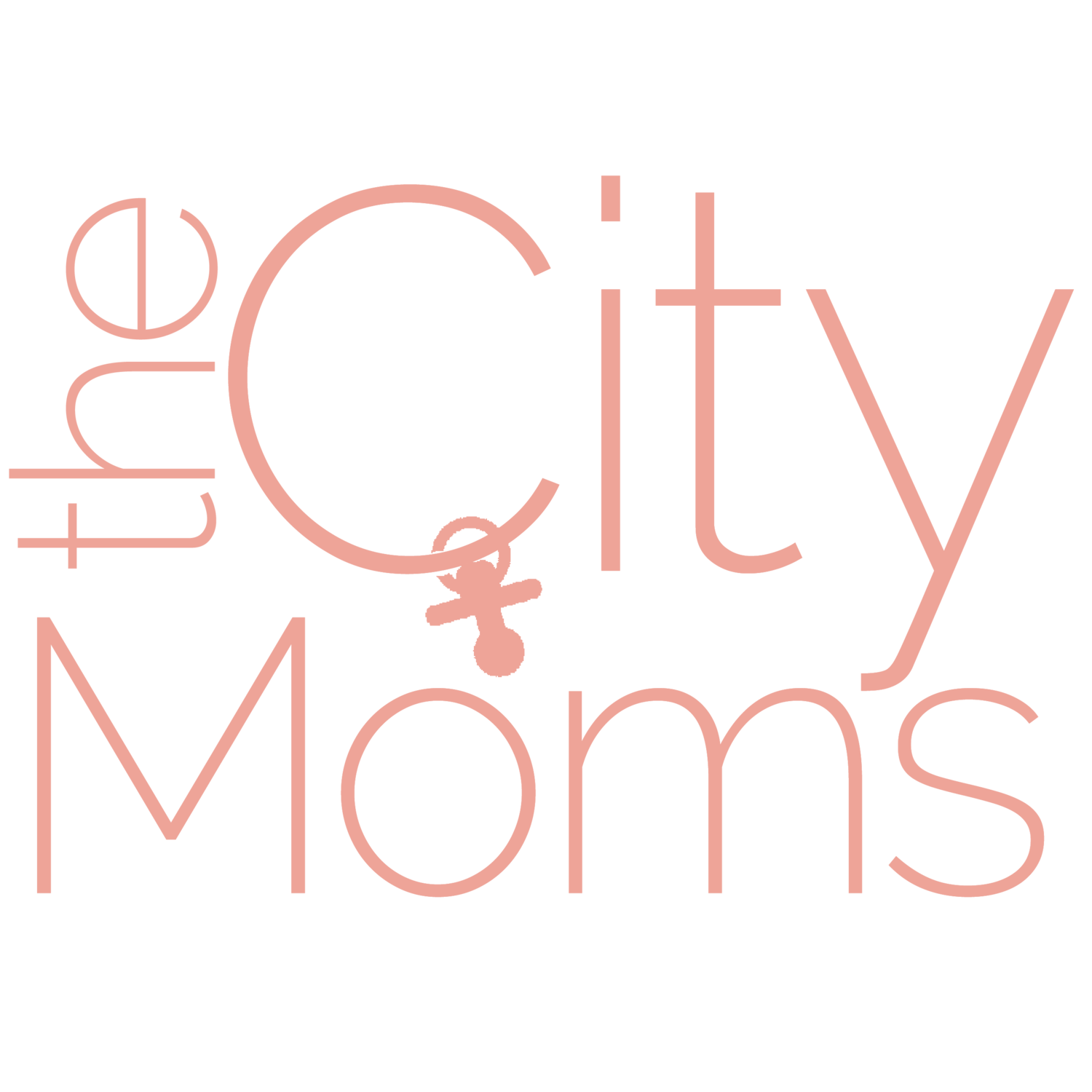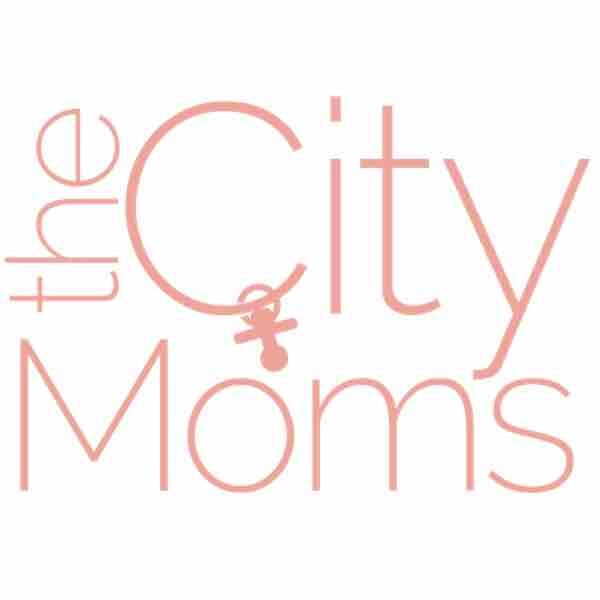Scary Thoughts: Living with Postpartum OCD
This past Valentine’s Day, I had grand plans. I was going to dress my almost 5 month old daughter in something pretty and pink. We would read books about unlikely animal friendships, take pictures to send to Daddy at work and play with her new stuffed unicorn she’d open as a Valentine gift later in the day. Instead, I found myself standing in the doorway of her nursery, sobbing and in hysterics, while she lay cooing on her playmat. I couldn’t go in. The thoughts came in fast and furious, one on top of the other, frantic and loud. I collapsed to the floor, unable to move a muscle. I called my husband and begged him to come home. “Why?” he asked. “What’s going on? What’s wrong?” I could only sob and finally got the words out:
“I’m afraid I’ll hurt the baby.”
If this scenario sounds familiar to you, you have likely suffered from postpartum obsessive compulsive disorder (OCD). I know what you might be thinking. OCD - that’s like hoarding, right? Or washing my hands a bunch? Nah, I don’t have that. True, OCD can present itself as excessive collection or cleanliness, but that is not its only face. The uglier side of OCD comes in the form of intrusive thoughts. Intrusive thoughts are thoughts that pop into your head that are completely unwelcome there. In fact, these thoughts are antithetical to your entire being. They are so abhorrent that you would never, ever want to say them out loud. But here’s the thing: everybody gets them. (Well, the official number is every 4 out of 5 people, but I’m pretty convinced that 5th person is lying.) In the non-OCD brain, these thoughts may be so fleeting that you don’t pick up on them. And if you do, you may think “huh, weird” and move on. But the OCD brain isn’t as kind.
Instead of brushing it off, the OCD brain grabs it. Hard.
Why would I have a thought like that? What does it mean? What kind of person am I? What if I have another one? Am I a danger to my baby? You become obsessed (the “O” in OCD). So you try to make it stop. You do all sorts of mental gymnastics to push the thoughts away (which doesn’t work - see: the white bear experiment). You may avoid things, people or situations that will trigger the thoughts. You will insist that you never be alone with the baby. You may pray or repeat mantras to try to get the thoughts to stop. You will Google. Oh GOD, will you Google. Anything to tell you that you’re normal, that nothing is wrong. These actions become compulsive (the “C”). Some of these compulsions may help subdue the intrusive thoughts… for a while. But then the voice of doubt creeps in. I don’t think it’s true, but what if it is? What if I snap? What if I’m evil deep down? What if, what if, what if. You think about it more and more. Why can’t you stop? What kind of person are you? The more you try to fight it, the worse it becomes. As awful as this episode was for me, it didn’t come as a huge surprise. I have lived with OCD my entire life, and have been in treatment for years, including a months long intensive treatment program at Penn Med - let’s just say this wasn’t my first rodeo. But even if you have never had OCD symptoms before, pregnancy and childbirth can be a catalyst. For new moms, the most common intrusive thoughts fall into three main categories: violent thoughts or images about intentionally harming the baby; violent thoughts or images about unintentionally harming the baby; and unwanted sexual thoughts or images involving the baby. It’s important to note that these thoughts are unwanted and extremely distressing. This is not - repeat, NOT - the same as postpartum psychosis, in which those thoughts seem to “make sense.”
It’s no wonder then that most new moms suffer with this in silence. There is a very real fear that sharing these thoughts with someone will result in having your children taken away. But the only way to deal with postpartum OCD is to talk about it - and someone well-versed in OCD and postpartum mental health issues will know you aren’t a threat to anyone. I am very lucky to have a husband who gets it. He’s been with me through all the treatment, and as soon as I uttered those words, he knew exactly what was going on. If you don’t feel comfortable talking to your spouse, talk to a fellow mom - chances are, they will be able to relate on some level. If you already see a therapist, talk to them. If you don’t, talk to your OB. Hell, print out this blog post, hand it to them and say “I think I have this.” It doesn’t matter how you do it, just that you do.
OCD is treatable with cognitive behavioral therapy and medication.
But you can’t deal with it if you don’t talk about it.
So to the mamas out there who may be dealing with this, I want to share a few final words:
You are not your thoughts.
You are a wonderful human and mother.
You will get through this.
For more information on postpartum OCD, please visit the International OCD Foundation and OCD-UK. For a first person account of what it’s like to live with postpartum OCD, please read Jordaine Chattaway’s The Perfect Mother and Her Pet Monster.


